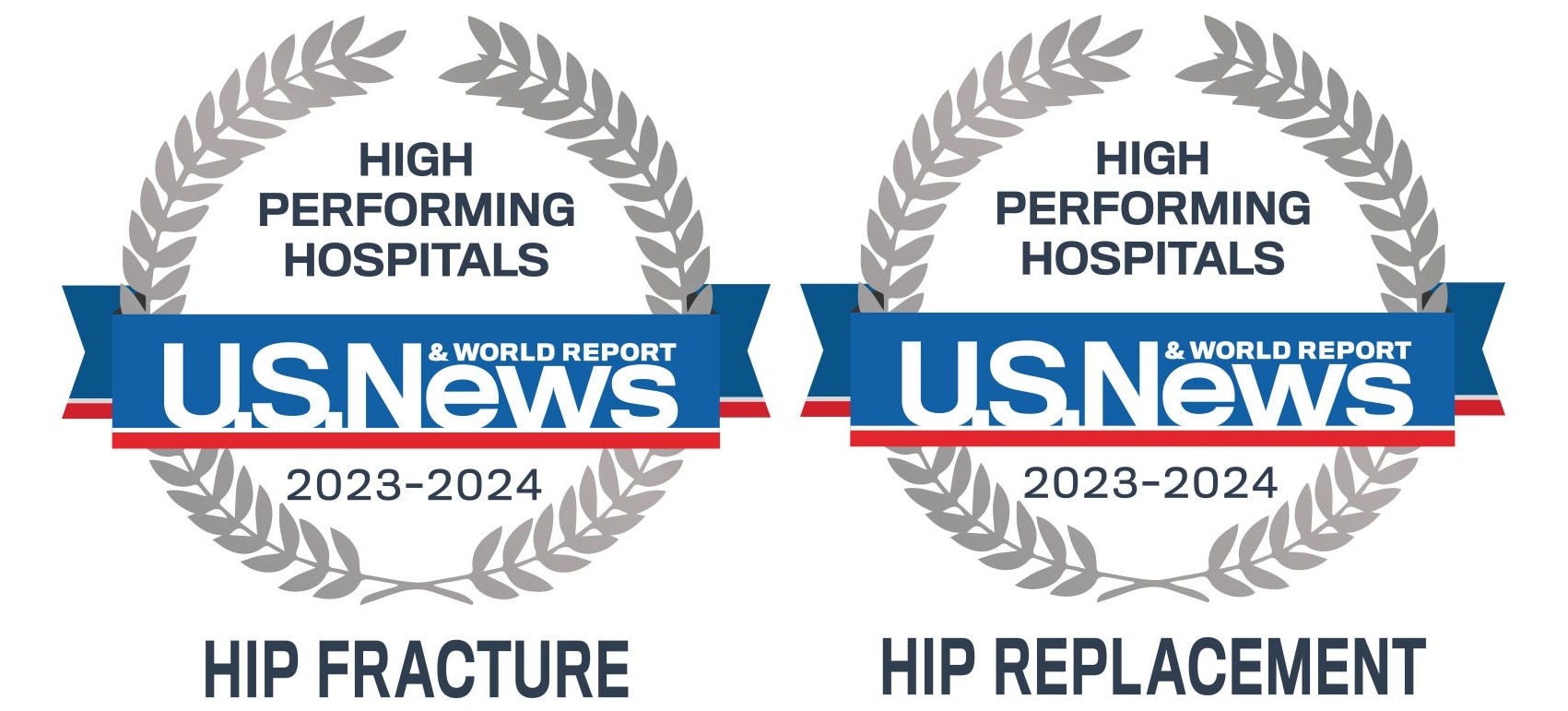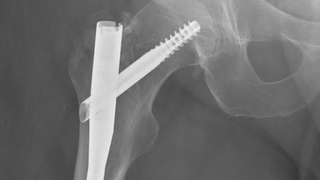Search for opportunities to participate in a muscle or bone research study.
Hip Pain and Disorders
New Patient Appointment or 214-645-8300
MedBlog
Results: 4 Locations
Outpatient Building
1801 Inwood RoadDallas, Texas 75390 214-645-8300 Directions to Outpatient Building Parking Info for Outpatient Building
2 Clinics at this location
UT Southwestern Frisco
12500 Dallas ParkwayFrisco, Texas 75033 469-604-9000 Directions to UT Southwestern Frisco Parking Info for UT Southwestern Frisco
2 Clinics at this location
Orthopaedic, Sports Medicine, and Rehabilitation Programs
at UT Southwestern Medical Center at Richardson/Plano 3030 Waterview Parkway, 1st FloorRichardson, Texas 75080 972-669-7000 Directions to Orthopaedic, Sports Medicine, and Rehabilitation Programs
Orthopaedic, Sports Medicine, and Rehabilitation Programs
at UT Southwestern Medical Center at Las Colinas 6121 N. Highway 161, 3rd Floor, Suite 300Irving, Texas 75038 469-647-4706 Directions to Orthopaedic, Sports Medicine, and Rehabilitation Programs















